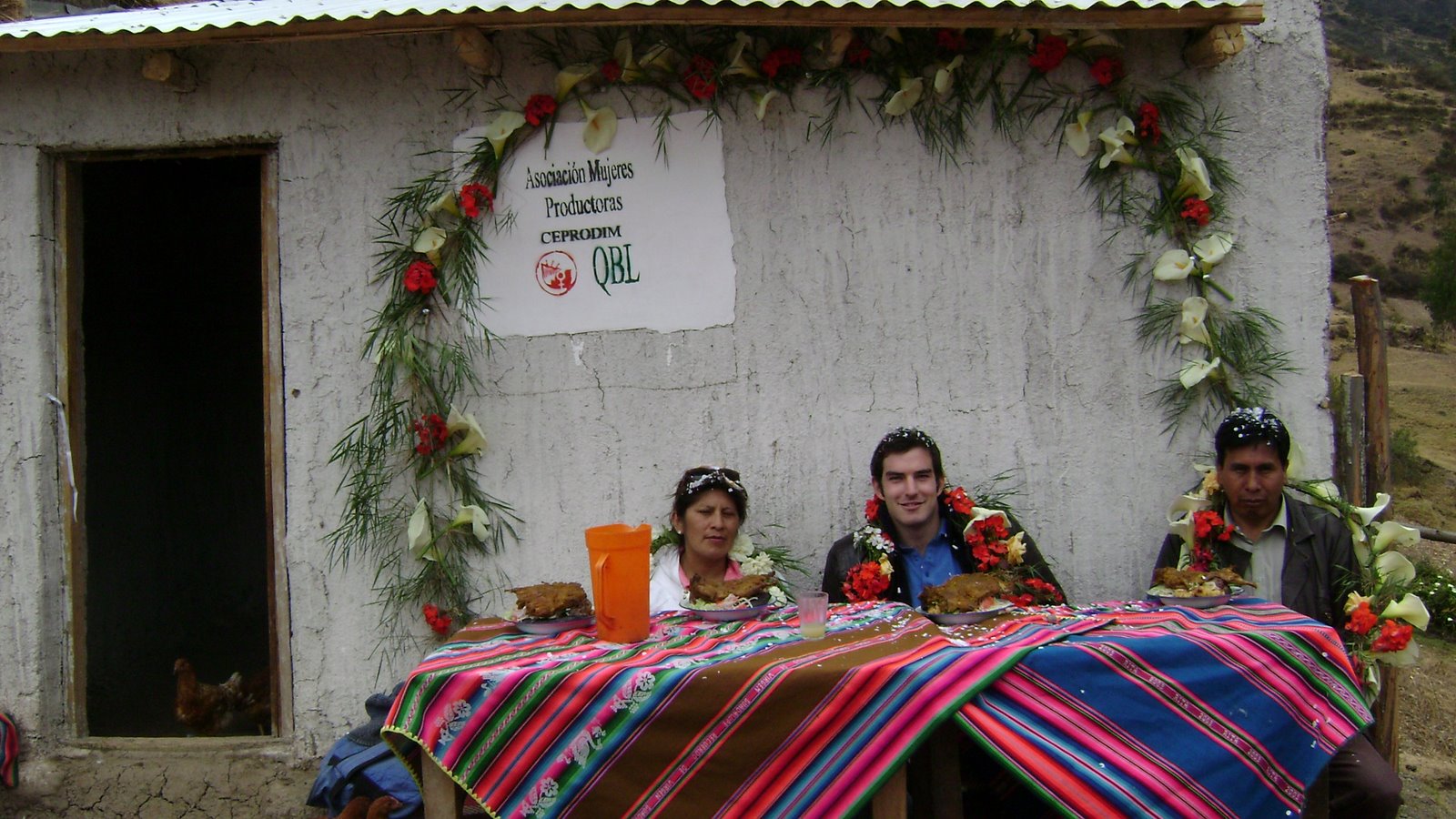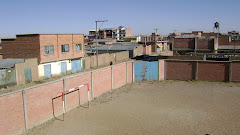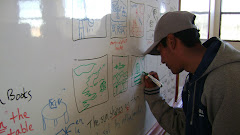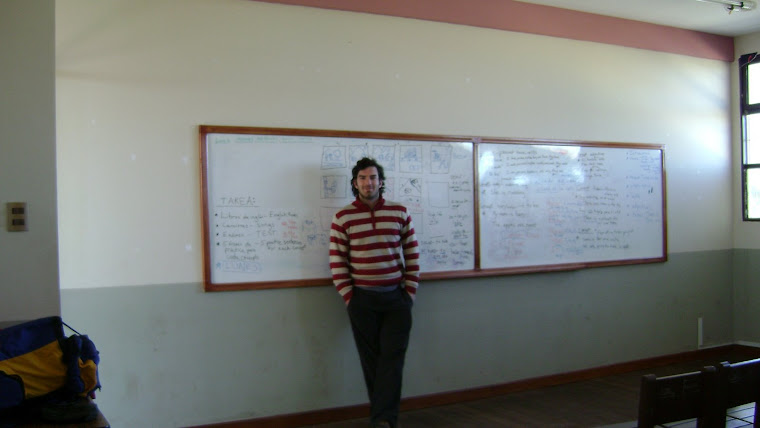President Evo Morales won recently in what historically should be considered a landslide with some 67% national support for his administration through the Referendum Revocatorio.
At the same time many of his political enemies- the prefects of Santa Cruz, Tarija, Beni, and Pando also won by a substantial margen, all over 50% with Costas from Santa Cruz winning some 70%
The biggest issue is the IDH or the tax revenue generated from oil/ gas which was “confiscated” by Morales to support his national social security system that gives about 240 bolivianos monthly to citizens over the age of 65.
In the macro, you see the battle between autonomy and nationalization. But the nuances sometimes aren't that easy to nail down and a long history of transitioning since 1996 from a national to a descentralized government has meanth new changes and new political dinamics. This transition has had support from the World Bank, the U.S. and others. Still, Hugo Chavez has been closely allied with Bolivia which has helped it's ability to create/ support health and education programs/ support for nationalization. It also means having leaders at least rhetorically against the U.S. and the "west." Still, although Venezuela is giving millions to Bolivia, much of it still comes through lones with interest. Nationalization is an ambiguous term as well because it still allows for private management that is essentially contracted out. Just like the "nationalization"of the largest telecommunications company ENTEL still allows for the management to remain and for non-state agents to run the business. As most issues here, the argument is over distribution of wealth.
Morales may have a political mandate but doesn’t appear to have a blank check.
Before the vote airports were closed by groups protesting against Morales in Santa Cruz, Tarija, and Pando. Now the prefects of Tarija, Santa Cruz, and Chuquisaka have declared they will create blockades leaving the country to Argentina and Paraguay in protest of the IDH. There have been threats in the past weeks that civic groups including some newly "youth civic groups" will take state offices and departments. At times its hard to see these "youth groups" in a serious light. They have no respect for law - they've burned police cars in Santa Cruz anddon't appear to support an intellectual agenda usually forwarded by a "student movement."In Tarija the customs office was "taken"for a short period and groups alined with MAS have said they will defend state offices. Still, I need to read up on these youth groups and excactly who are the "civic groups."
Morales recently declared that if oil ducts, state oil field, etc. are taken or damaged, etc. they will confiscate all municipal funds if political leaders from those regions participate. That includes if people are injured.
Again, the issue is the tax revenue generated from Oil/ Gas revenues, the IDH. They want some 166 million dollars to be returned to their local governments that has been used for Morales Renta Dignidad plan.
We shall see how it goes. But the rhetoric is somewhat tense with groups being clear in not ruling out violence.
A FAO Greenhouse

One of the members in my training group taking a look at a plot of lettuce
Another Visit With QBL

We visited the innaguration for a series of new chicken coops QBL financed in a small village in the low-lying andes mountains, 7 hours north of La Paz
Monday, August 25, 2008
Subscribe to:
Post Comments (Atom)









No comments:
Post a Comment